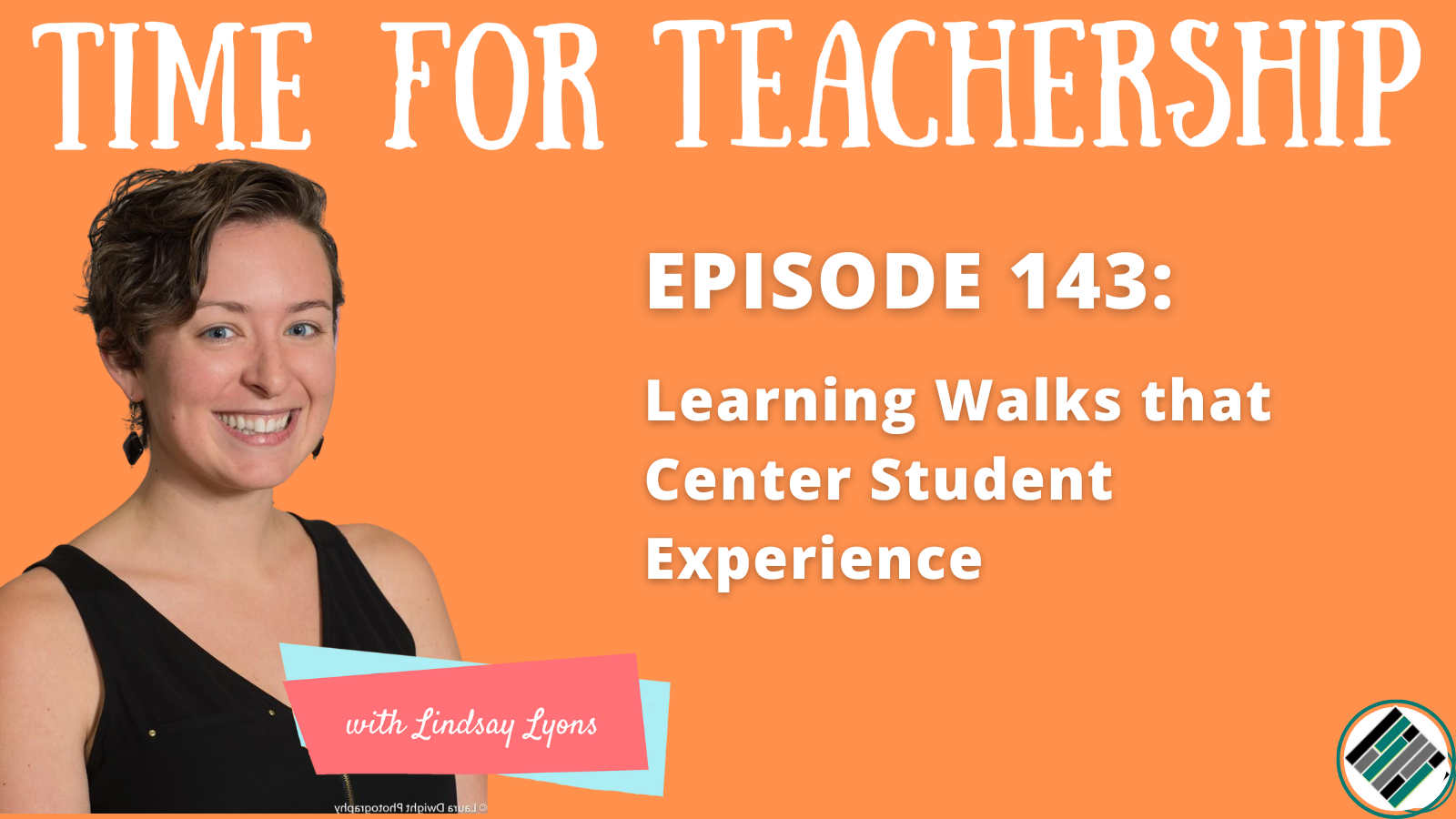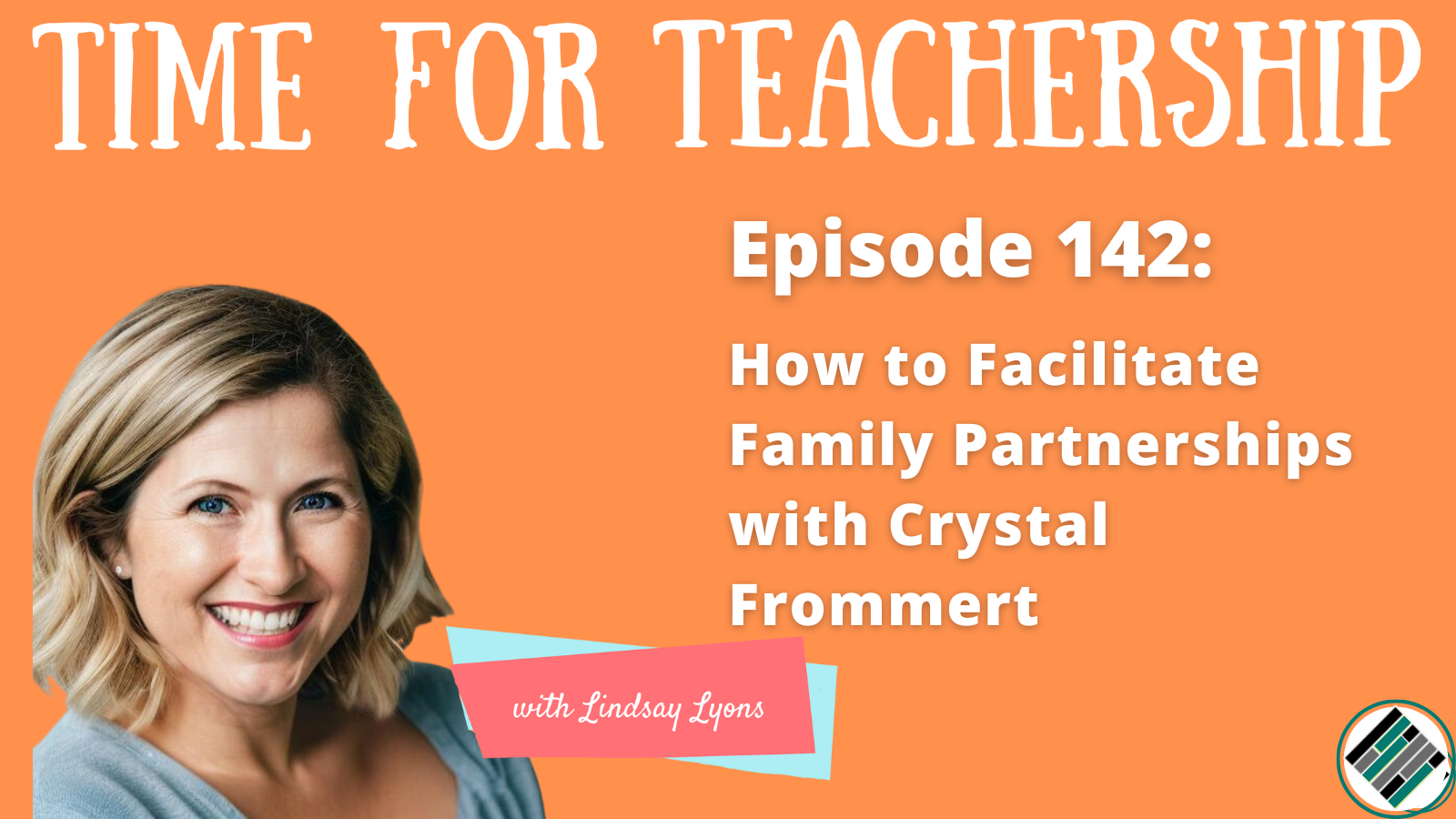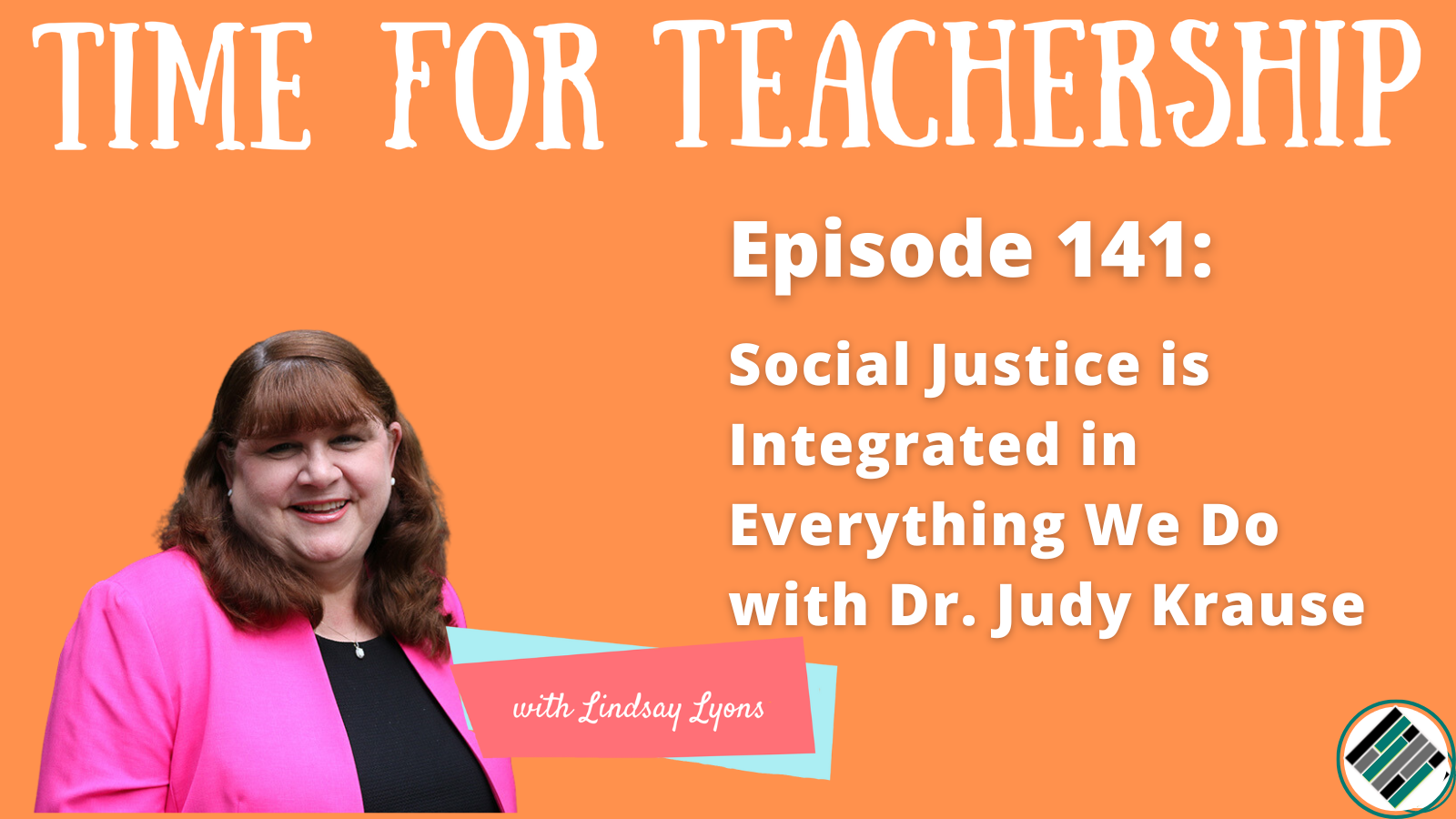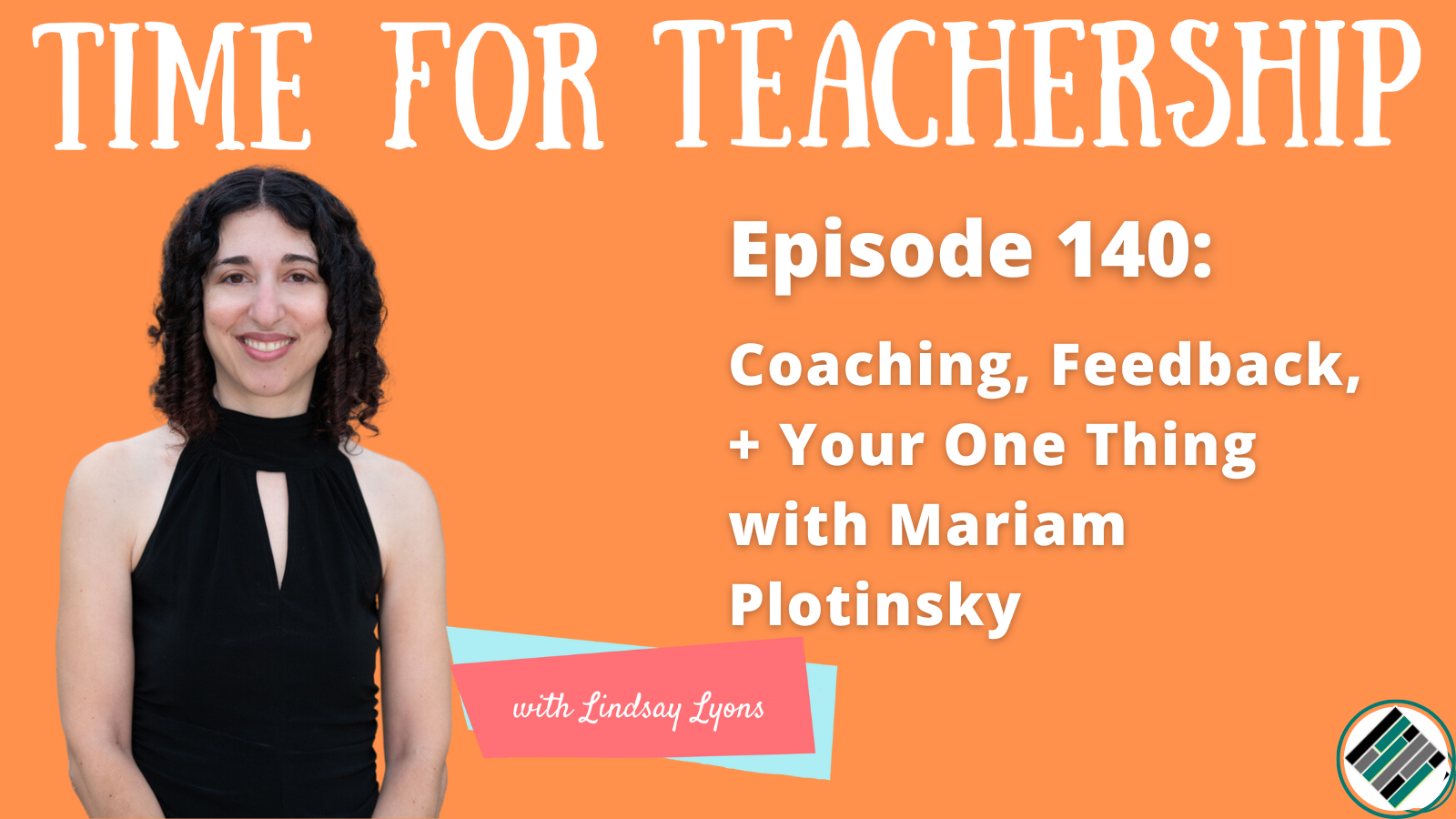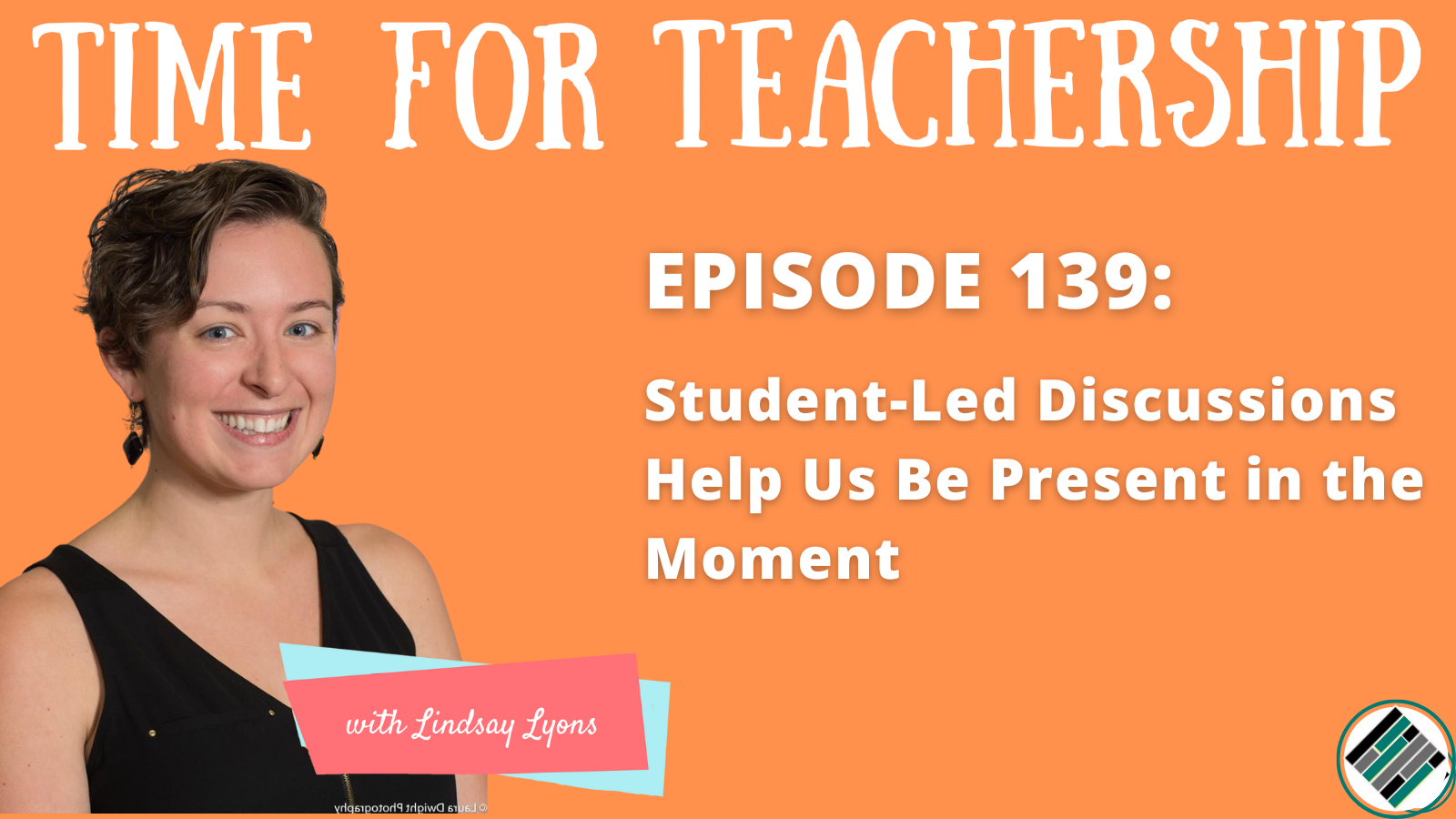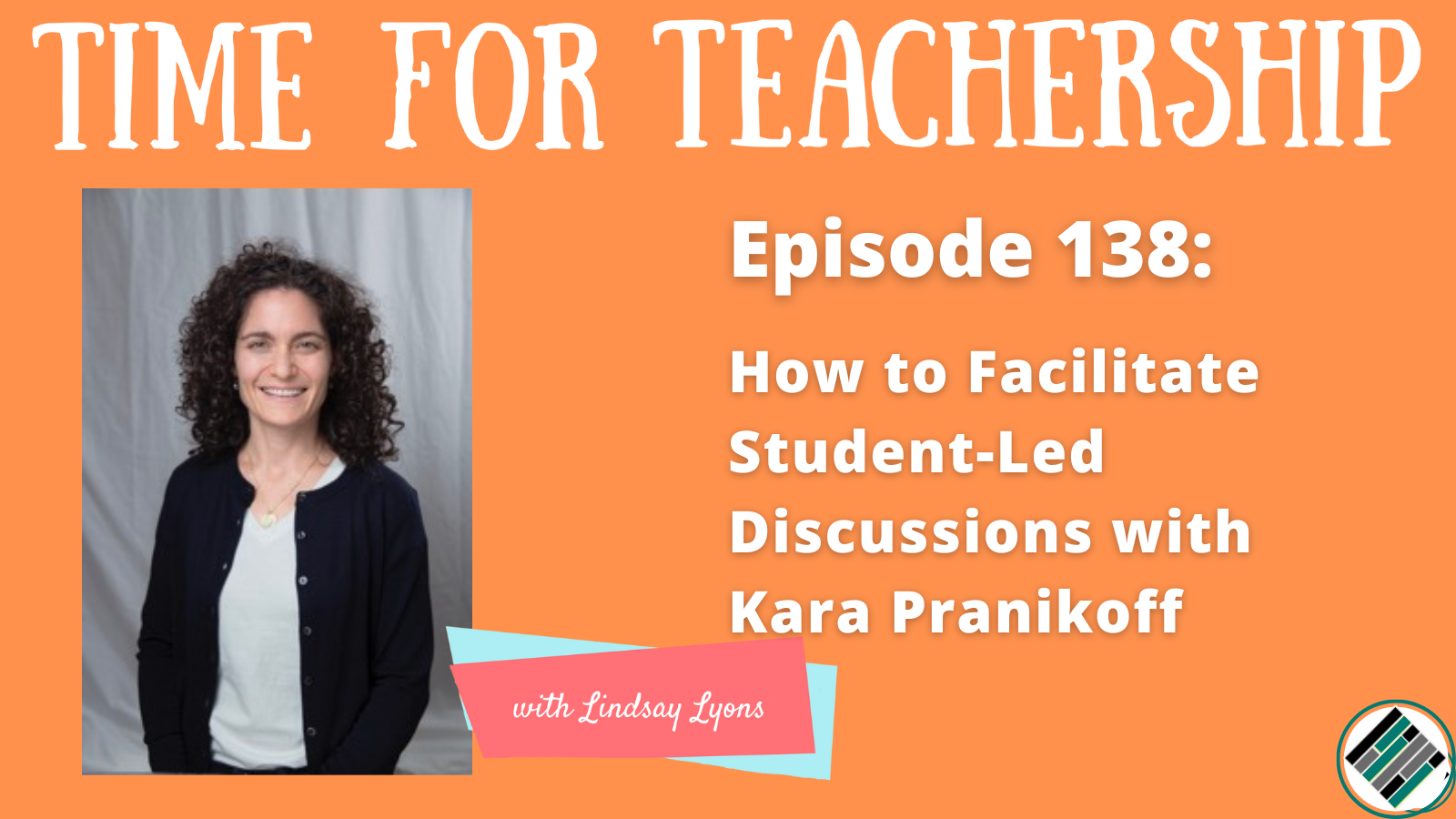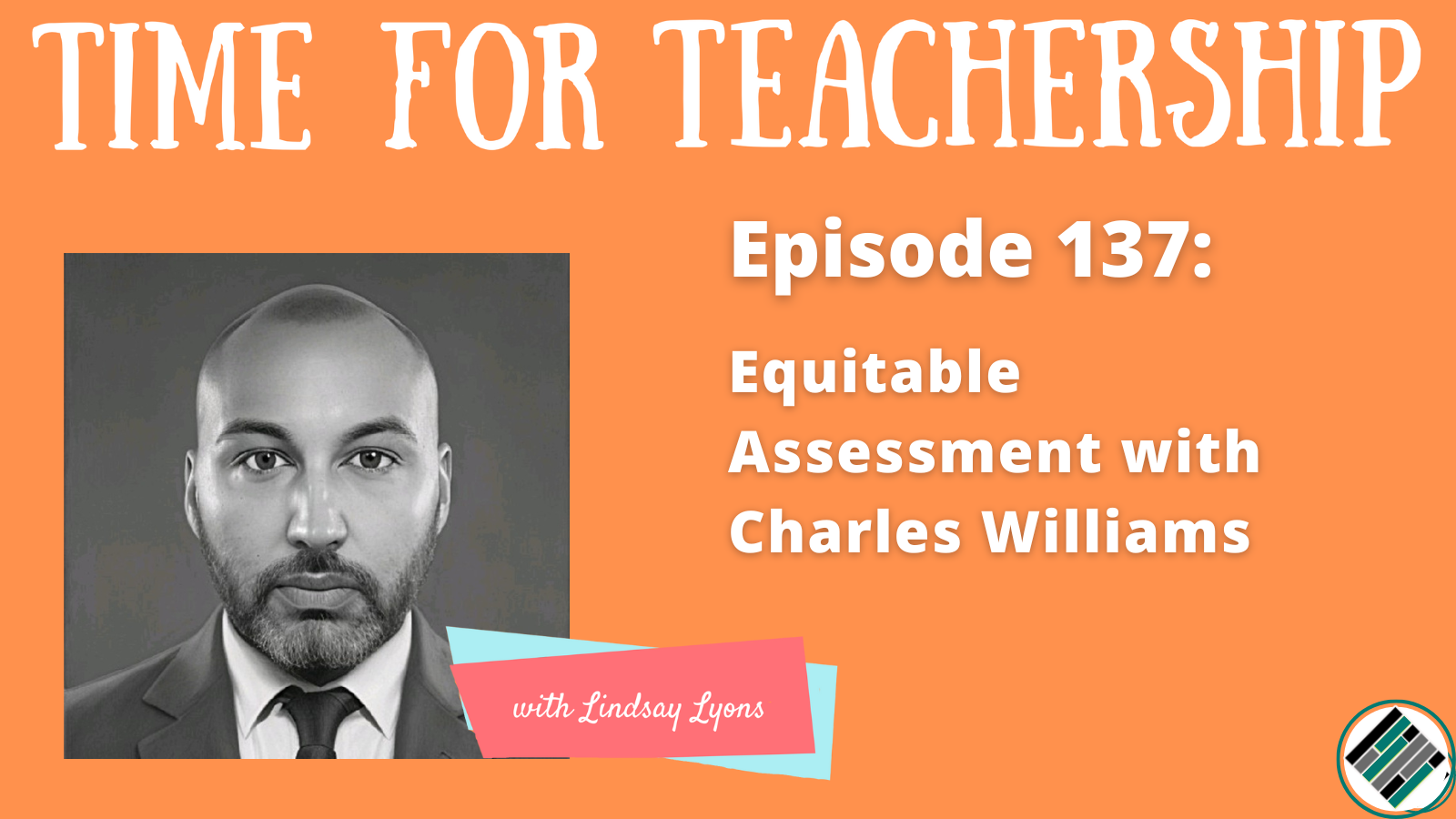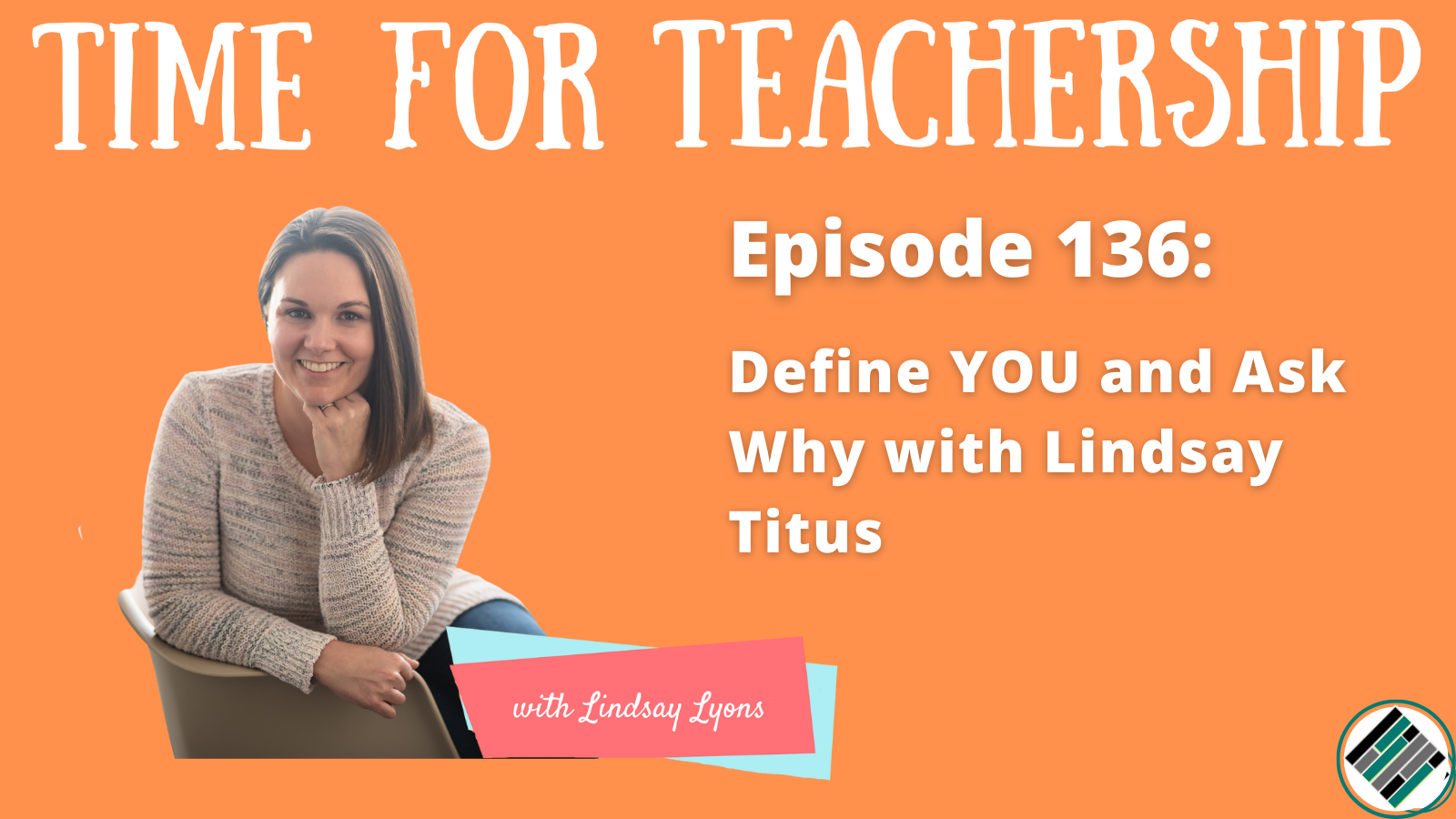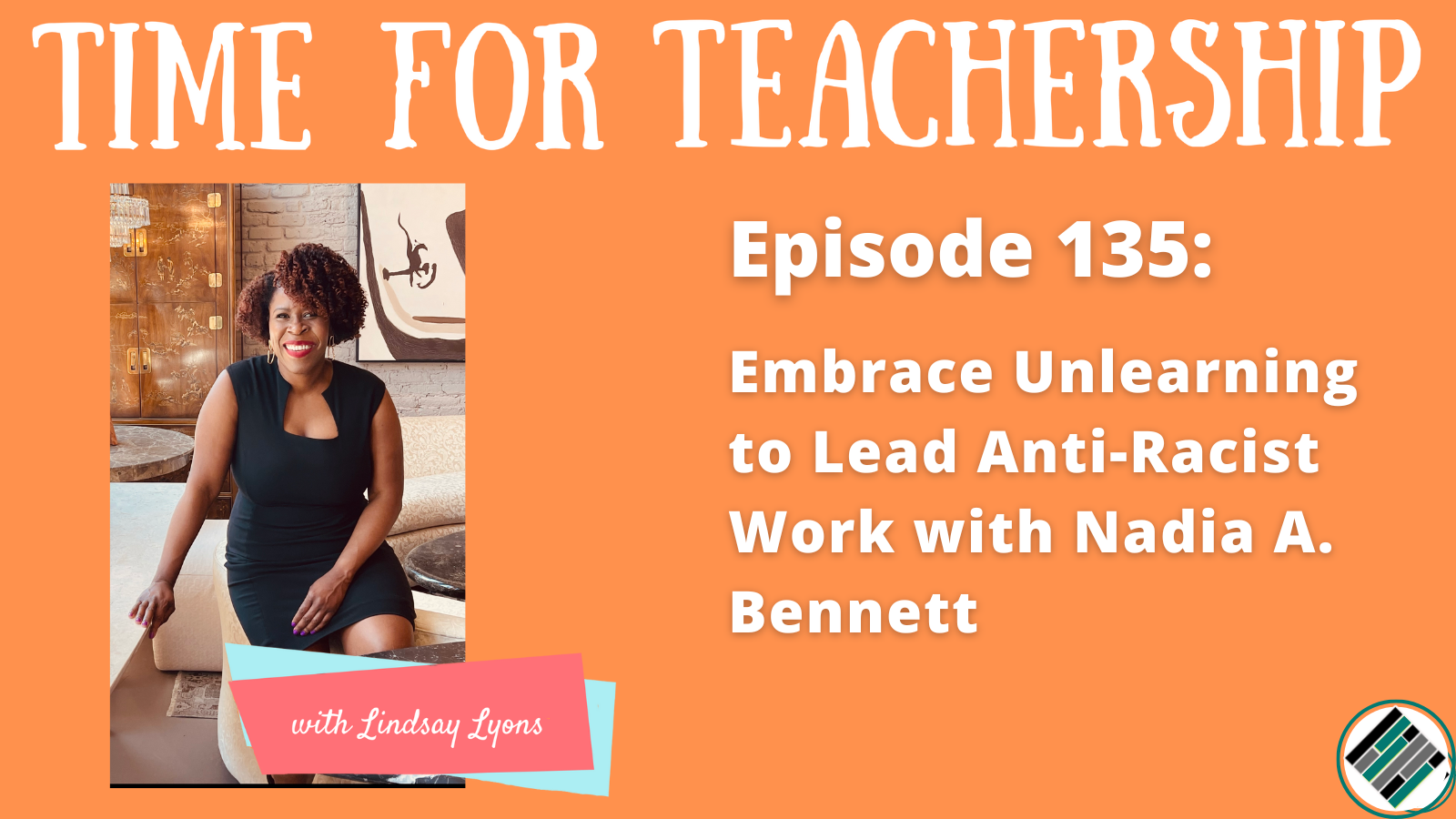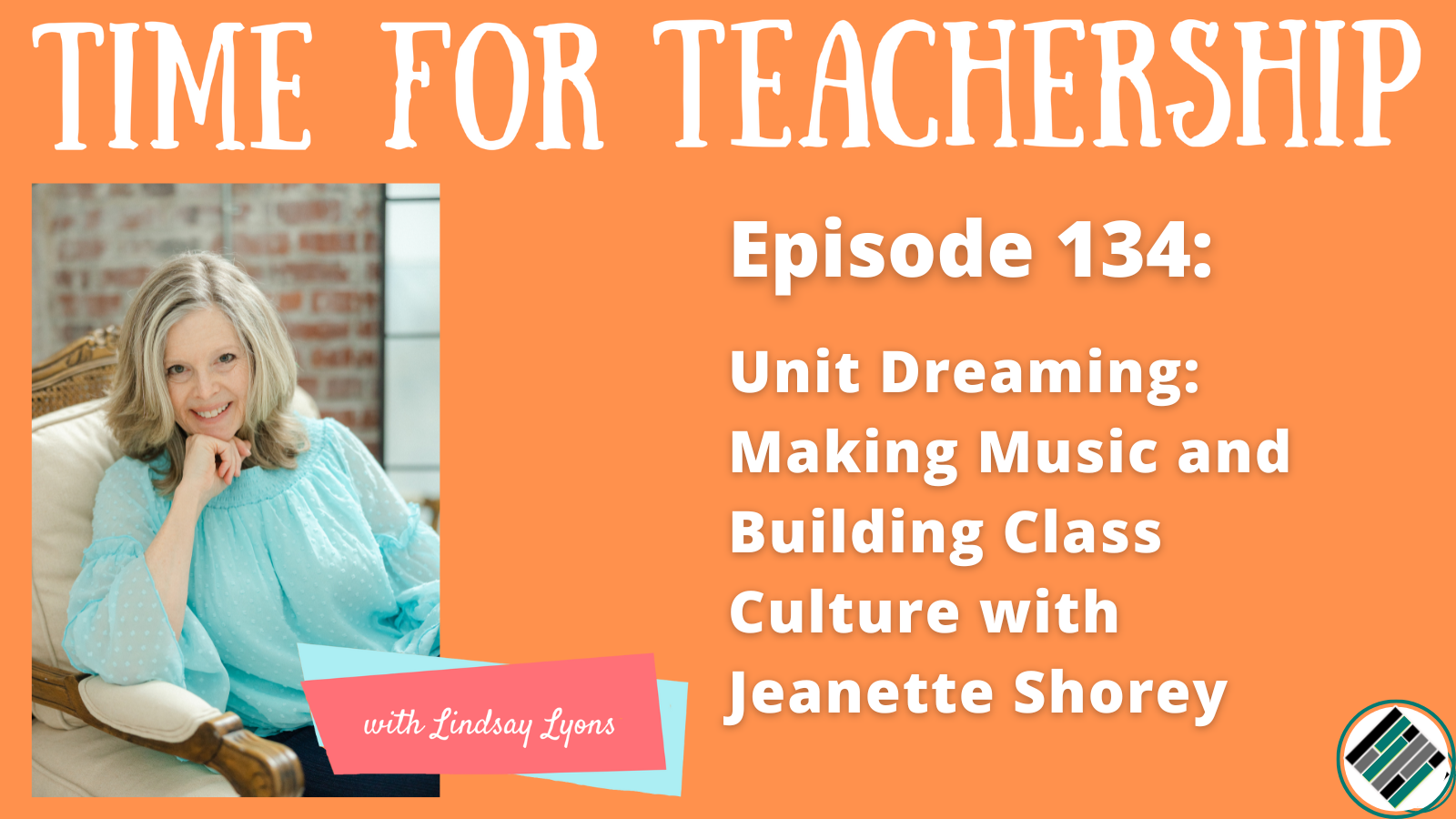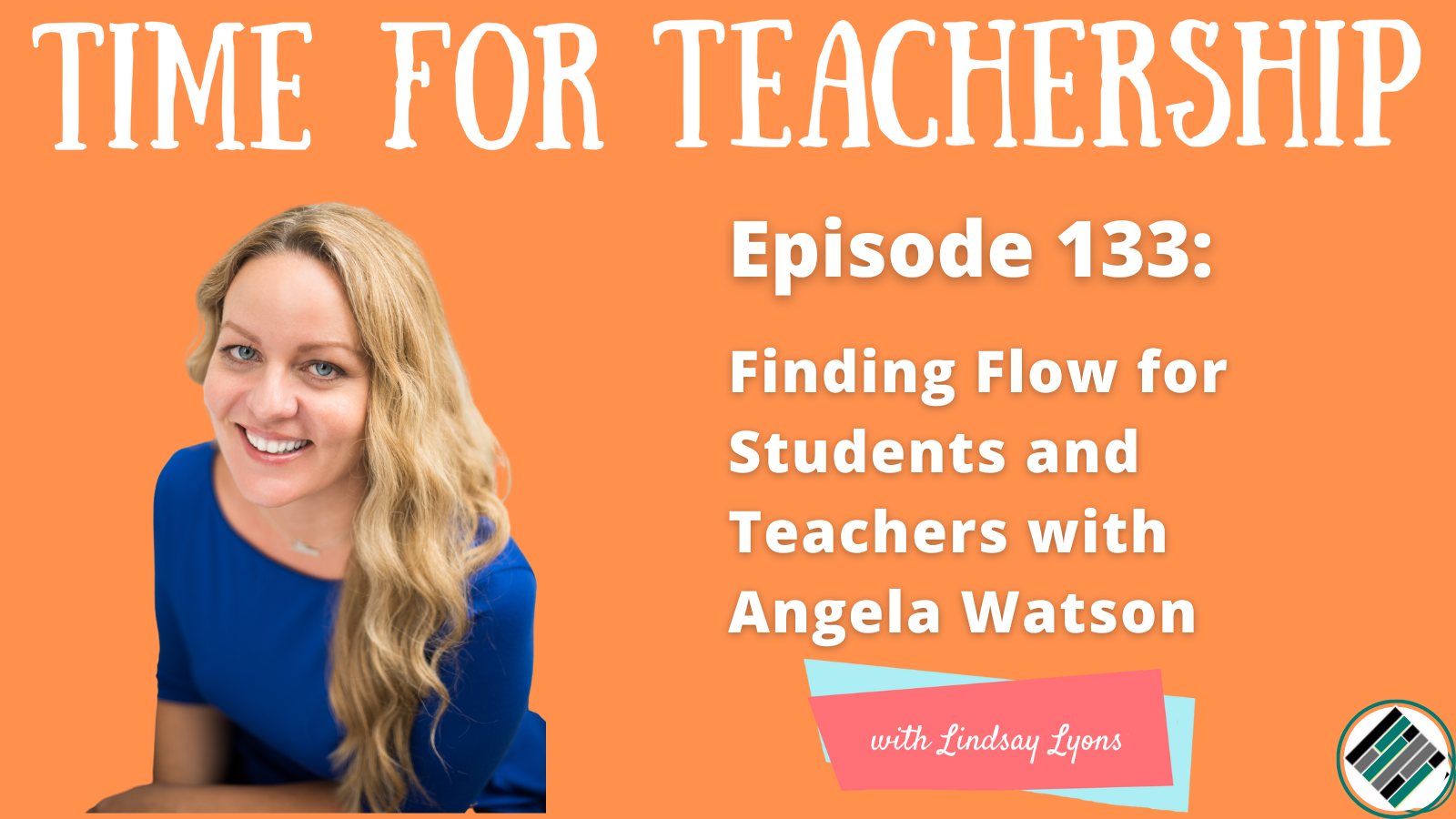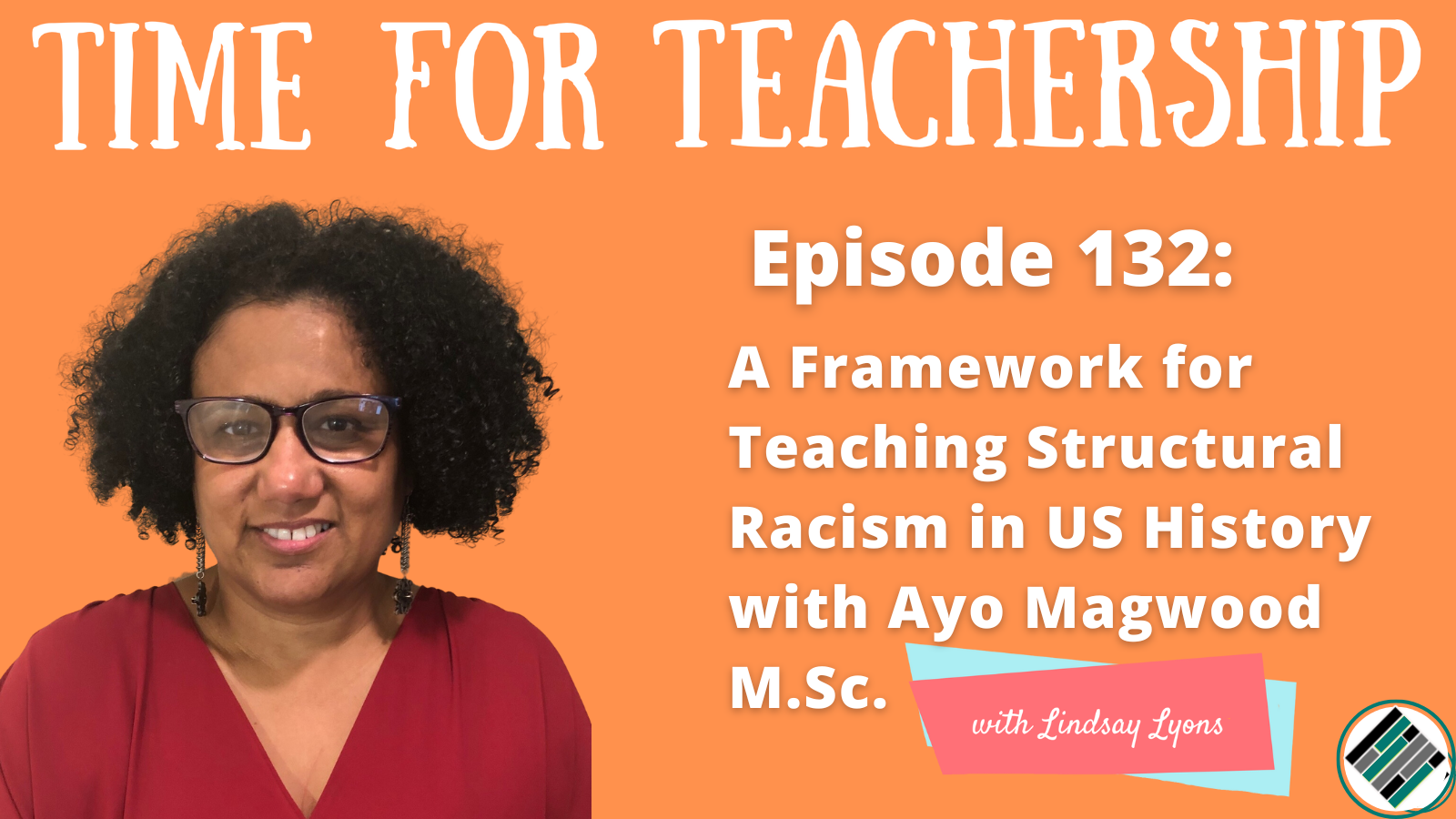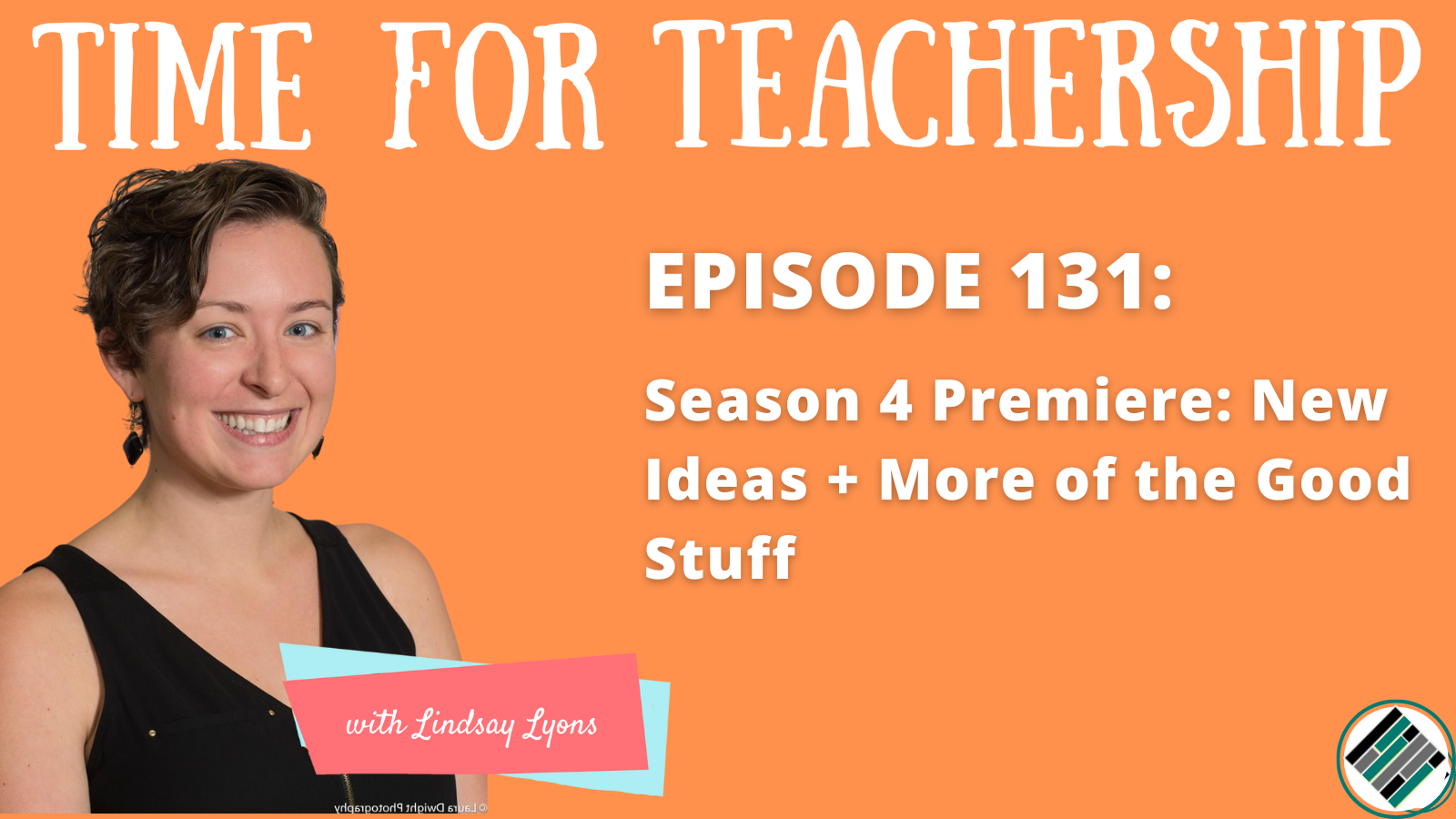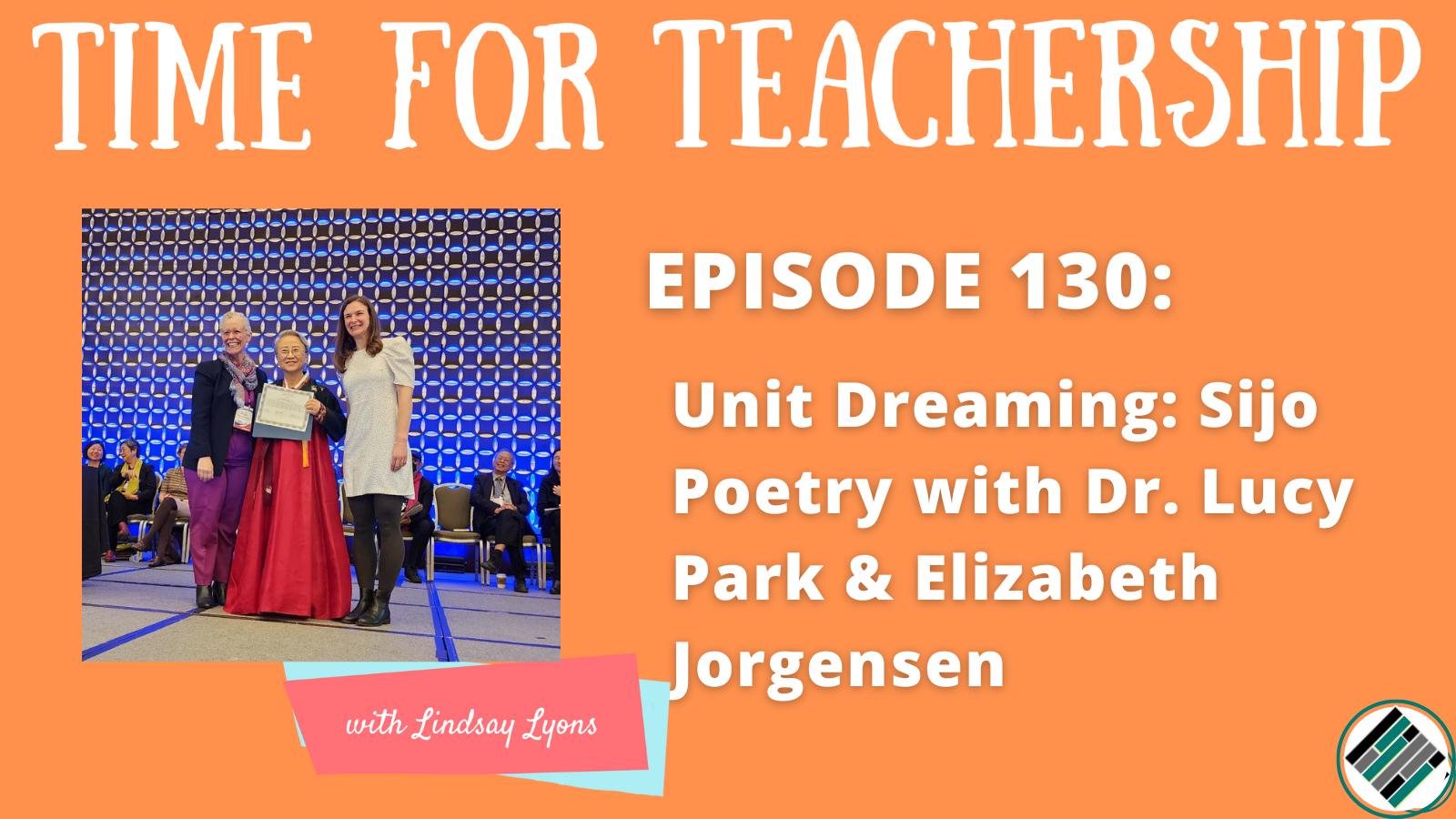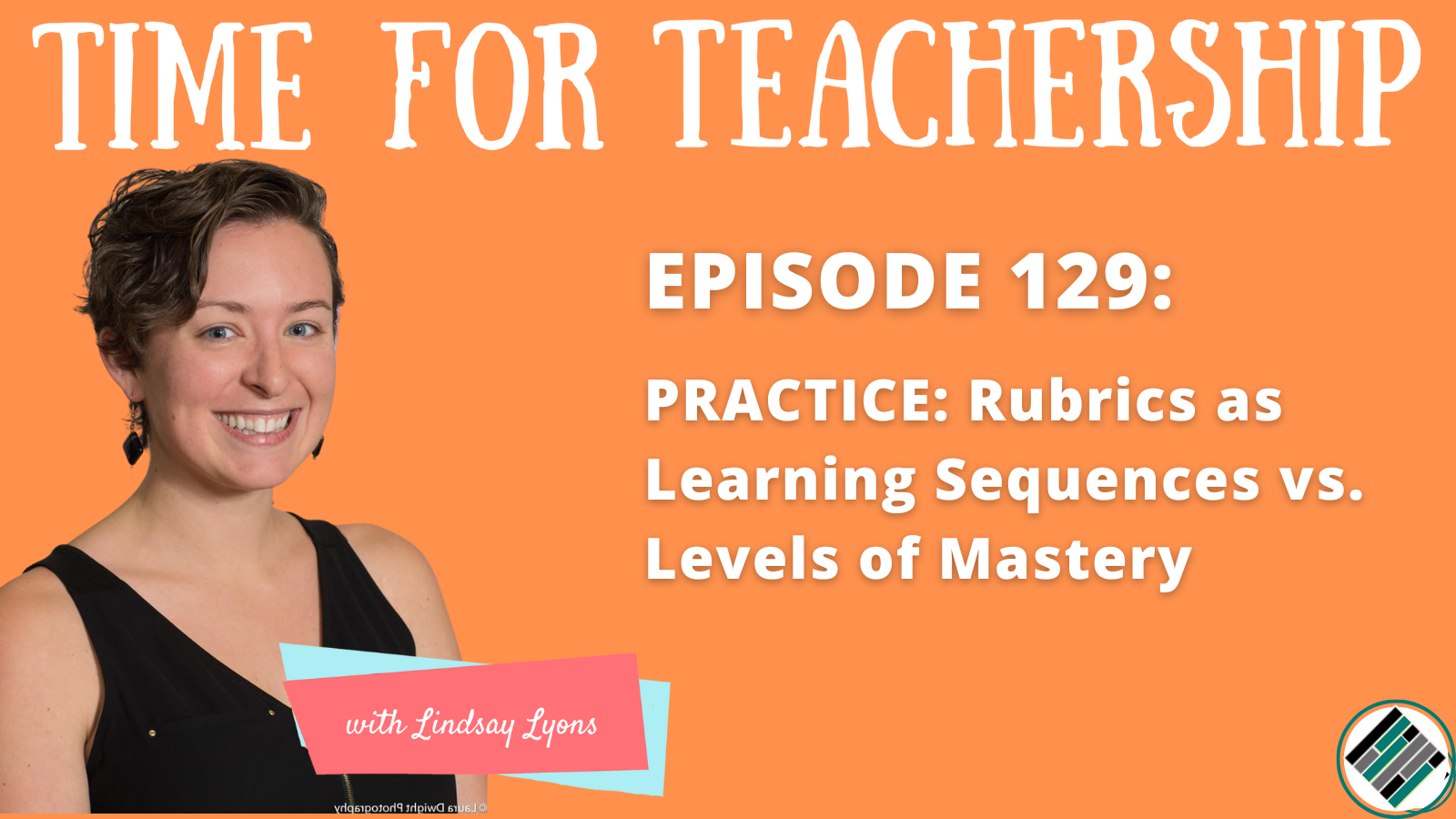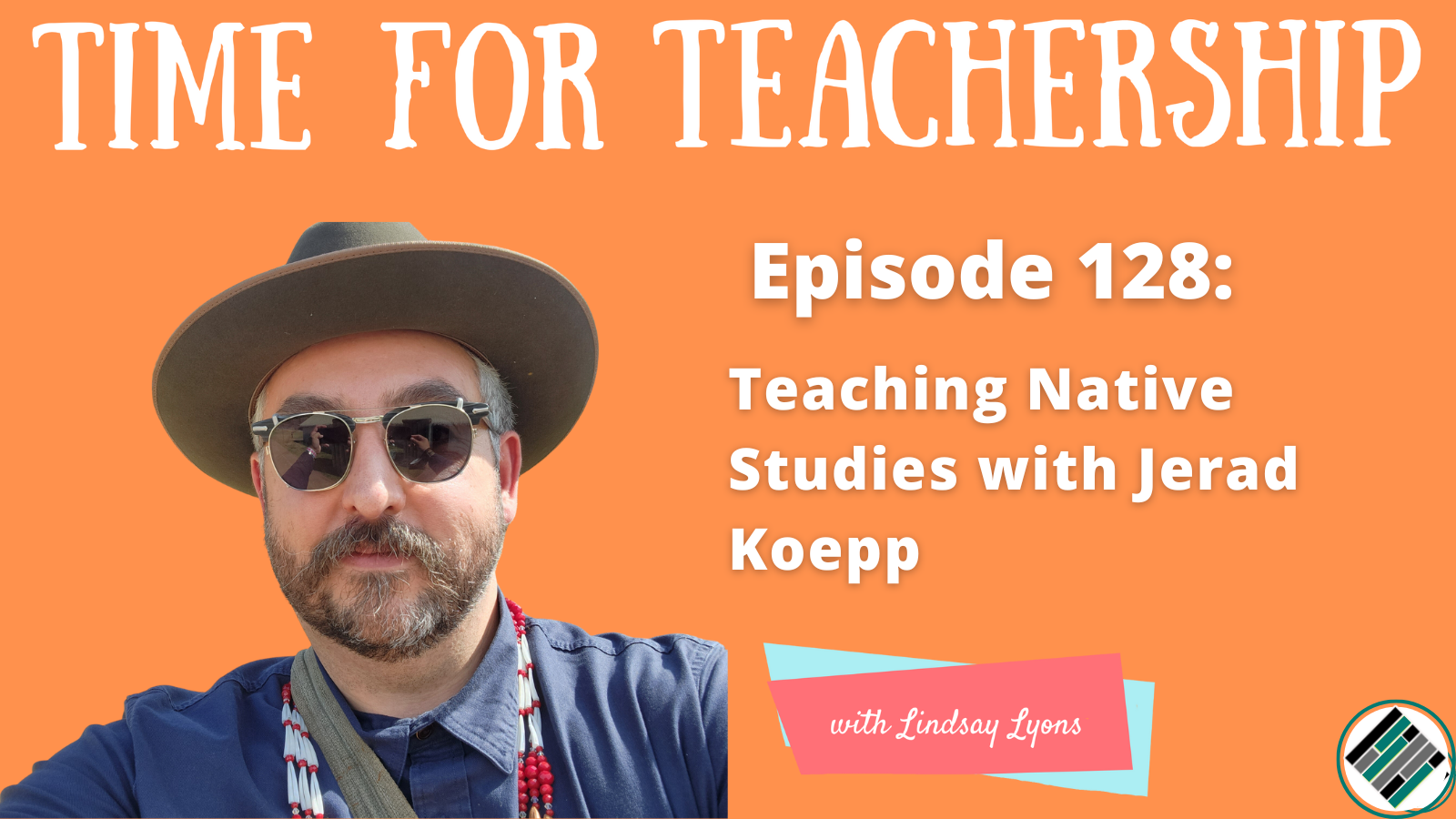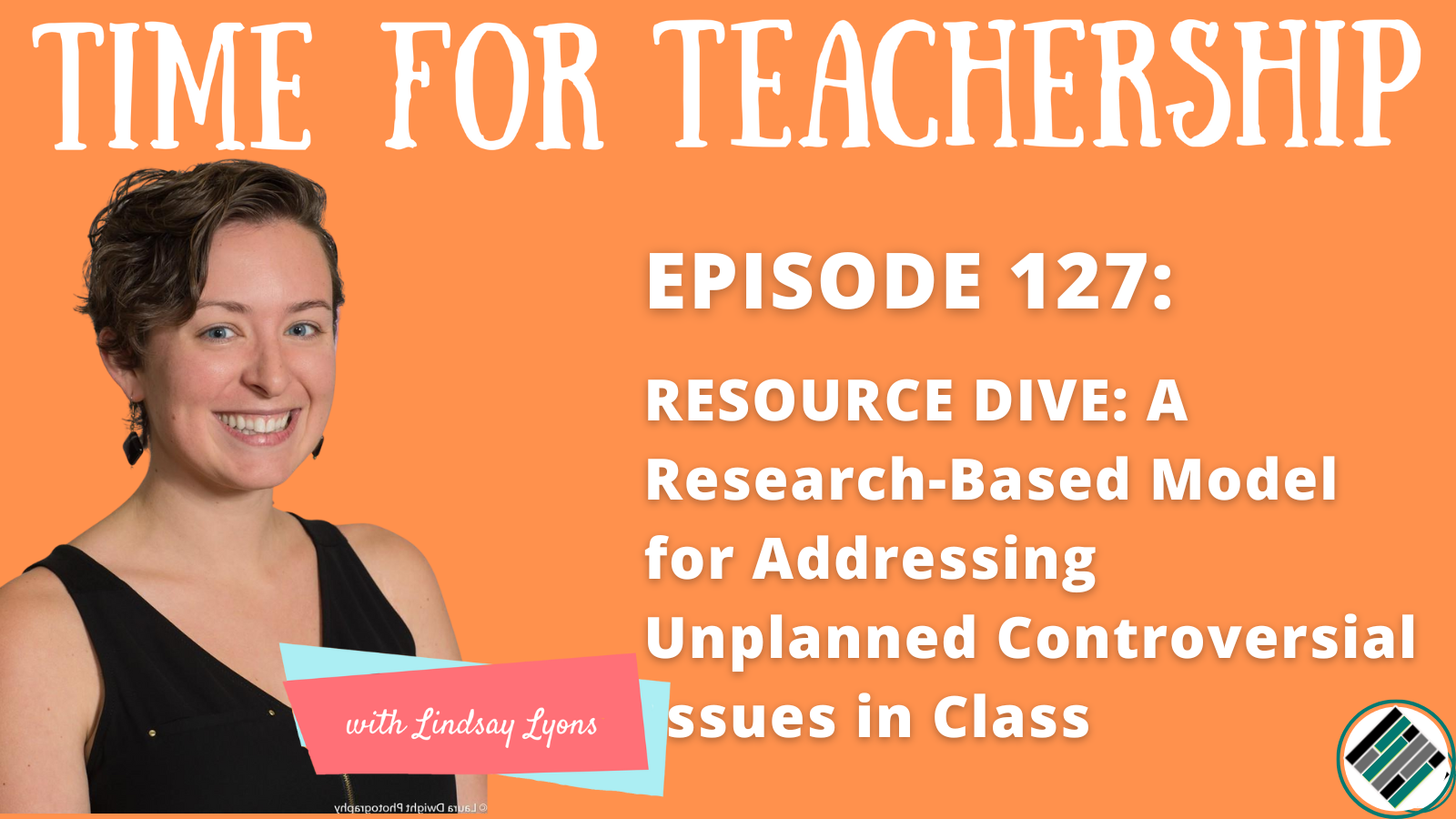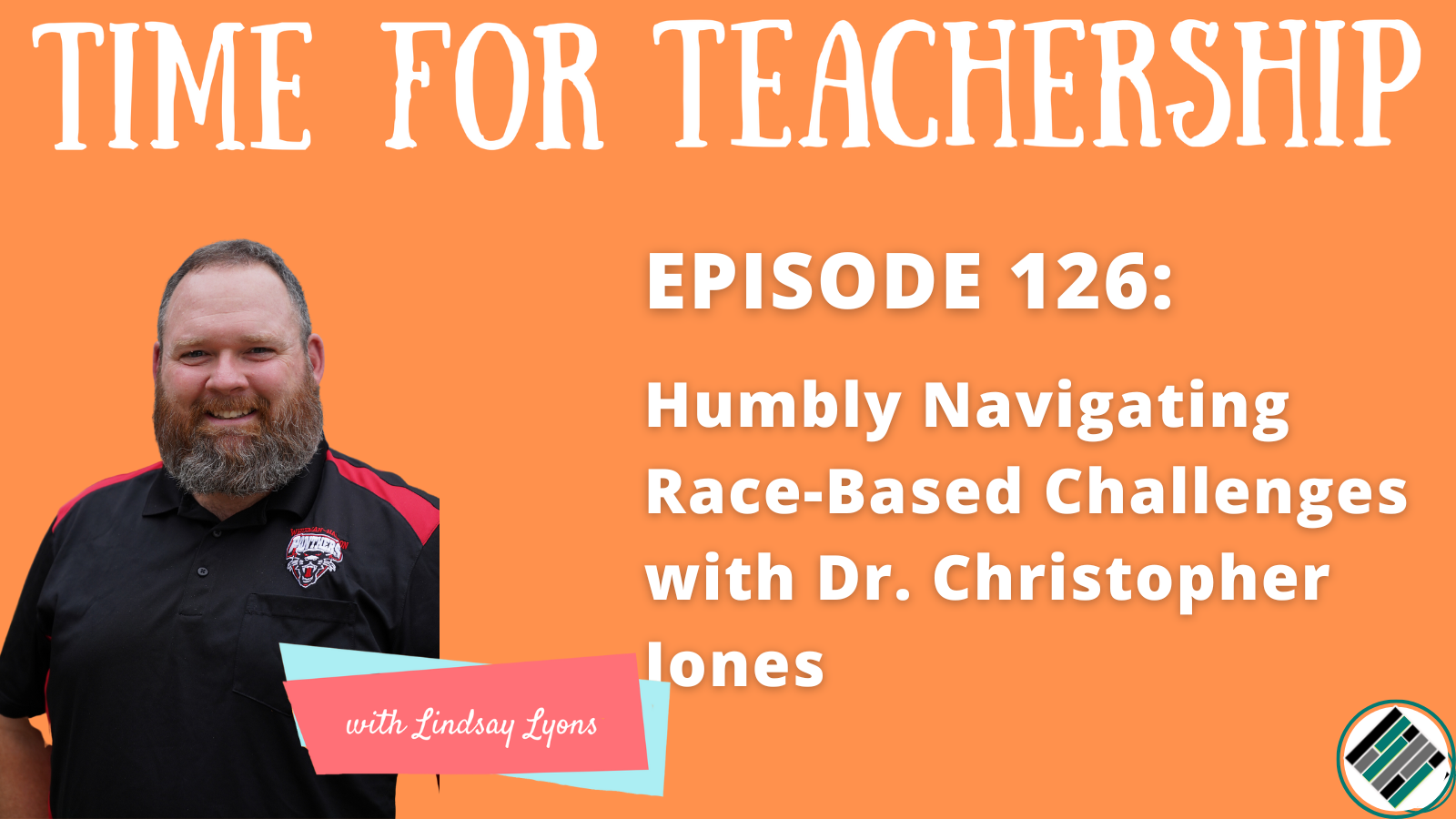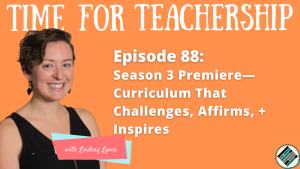
It’s hard to believe that what started as a simple blog a few years ago is now approaching the 100th podcast episode! Time for Teachership has come a long way, and we are excited and ready to launch right into season three.
Episode 88 is the intro to season three, and you can have a listen here. We covered everything new and exciting that’s coming up. Season 3 of the Time for Teachership podcast will have two main focus areas:
- Curriculum and Instruction
- District-Level Curriculum Policy and Leadership
Let’s dive in a bit further into each.
Curriculum and Instruction
The student voice and student leadership has always been at the center of my teaching practice. This season, I want to explore how curriculum and instruction can integrate and elevate student voice. And, taking it further, I want to better define what good curriculum and instruction looks like.
When thinking about what makes great curriculum, I came up with the acronym CAI:
- Challenging: Good curriculum will challenge students at an appropriate level, within their zone of proximal development. That means it’s not so hard they want to give up, or so easy they want to zone out. It’s challenging in the right way for their unique needs.
- Affirming: Who are the unique students and identities in your class? Curriculum should affirm the diversity of each classroom, which is going way beyond a poster on the wall or a few BIPOC authors on the reading list.
- Inspiring: We want students to walk away from class inspired to make an impact on the world around them. Good curriculum drives them to create something new for a broader audience—it’s bigger than the teacher and beyond the need for grades.
Using this as a guide, we’ll dig into how to create curriculum that challenges, affirms, and inspires students. And in doing so, we will amplify and elevate student voices.
District-Level Curriculum Policy
Season 3 will feature learning for and from district curriculum leaders. The reason for this is that when change comes from the district level—along with resources and motivation—then teachers are better supported to make change in their classroom.
It’s possible to make a positive impact as an independent teacher, but it is both easier and more desirable to do it together in community.
So, we’ll focus on what’s happening at the district level and how policy changes there can make impacts in each classroom.
Practical Things
Along with this new content direction, there are two more exciting developments for season 3 of the Time for Teachership podcast:
- We’re part of the Teach Better podcast network! This is super exciting. I’m heading to the Teach Better conference in Akron, Ohio from October 14-15, 2022. If you want to join me, register at www.teachbetterconference.com/register with the code “Teachership22” for $50.00 off!
- New resources: I’ve put together a new freebie for leaders to help equip their teachers with resources appropriate to where they currently are. Check it out at www.bit.ly/curriculumquiz.
Season 3 will also feature more solo “how-to” episodes that walk you through aspects of curriculum or instruction. We’ll also have case studies from educators and teachers who’ve successfully implemented new changes or curriculum into their classroom. There will be some of the regular interviews with inspiring educators, too!
So, are you ready? This is going to be a good one. Make sure you’re following along with the Time for Teachership podcast to listen to every new episode that comes out. Thanks for being here—we’re so excited to have you along for the ride.
Quotes:
- 3:48 “The thing I want to focus on this season is curriculum in a way that integrates and leverages that student voice, that student leadership.”
- 4:17 “I thought of this term, teachership, out of the blue. And then I was like, ‘I wonder if this already exists?’ And wouldn’t you know, a year before I thought of it, it did come to fruition in academic literature … the intersection between leadership and what happens in the classroom at the instructional level.”
- 6:56 “Challenging, affirming, and inspiring. Really good curriculum challenges students, affirms students, and inspires students.”
- 12:32 “I want to really focus on the district systems and structures. Because when we have those in place, the individual schools, and then the individual departments, teams, and teachers will be better supported when we can learn and grow in community.”
https://ctt.ac/VeIaU

